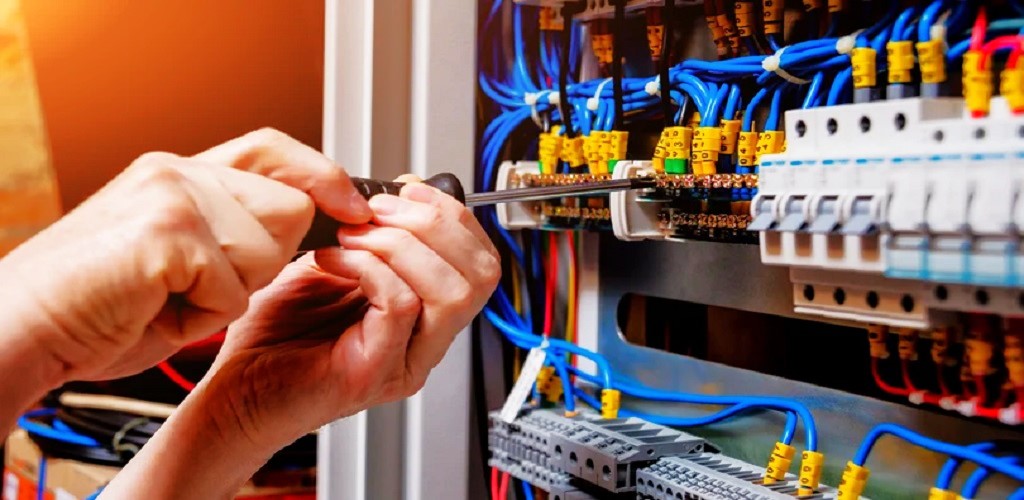Residential electrical upgrades are more than just a home improvement project. They can also increase your property value. An outdated electrical panel is a fire hazard. It can cause lights to flicker and make appliances and electronics unreliable. You can avoid these problems by upgrading to a new service panel.
Ask for a Quote
Upgrading your residential electrical service is an excellent way to future-proof your home. It will also help prevent expensive appliances from being damaged by an insufficient power supply. You may notice that your lights flicker or that simultaneously running too many appliances causes your breaker to trip. It indicates that your residential electrical system needs to be upgraded. Most homeowners boost their residential electrical service Washington DC to 200 amps, the standard for modern homes. This upgrade involves replacing the breaker panel, circuit breakers, meter socket, grounding electrodes and bonding conductors.
It is important to precisely calculate your electrical load before you choose the size of your new breaker panel. It will help you avoid paying for a bigger panel than you need, as installing excess capacity can be quite costly. The electrical company can offer the right solution for your home’s requirements.
Compare Contractors
When you get an upgrade to your service panel, the cost will vary depending on the type of upgrade and the current amperage. The minimum home electrical service size is 60 amps, while a 200-amp system is typically the standard in modern homes. A 100-amp upgrade typically costs $800 to $1,500 for installation and between $100 and $200 for the new panel. This upgrade is good for smaller homes and those that do not use high-demand appliances like central air or electrical heating systems.
A 200-amp upgrade is recommended for larger homes and those that use multiple electrical appliances simultaneously. This type of upgrade can be very expensive, but it is also worth the investment. It will enable you to use more appliances without overheating or blown fuses. In addition to the new panel, this upgrade usually involves additional costs. Finding a qualified, licensed electrician that offers competitive pricing is important.
Look for Rebates
Your home’s electrical panel (also referred to as the panelboard or sub-panelboard) is a vital link between your household electricity systems and the broader public utility system. It regulates and distributes power to various appliances and electronic devices throughout the house, including EV charging stations. For some homeowners, the demands of high-tech gadgets, video technologies, and electric devices exceed the capacity of their electrical panel. Such overloads may result in tripping the breaker or blowing out expensive appliances, but a service upgrade can solve such problems and provide peace of mind.
Depending on your location, you may qualify for rebates that can help defray the cost of an electrical panel upgrade. At the same time, the federal Energy Efficiency Home Credit of the Inflation Reduction Act (IRA) provides tax credits for qualifying upgrades installed in your primary residence starting January 1, 2023.
Get an Inspection
Upgrading your home’s electrical system is an important investment. It will not only improve the safety of your house, it will also likely increase its resale value. Homes with outdated electrical systems can often experience problems like flickering lights, tripping breakers or too few outlets for modern appliances. These issues are not only inconvenient, but they can be dangerous. A basic residential electrical service upgrade usually costs $800 to $1,500 to install and includes replacing the breaker box and upgrading circuit breakers, wiring, and other components. It is the minimum upgrade required by the National Electric Code.
Other common upgrades performed simultaneously include installing or preparing for whole-house surge protection, which protects against electrical surges and lightning strikes that can damage electronics, and structured wiring for home entertainment systems and high-tech devices. Working with a licensed professional who is up to date on the latest National Electrical Codes is crucial. It is also critical to get a city permit before the project begins.



